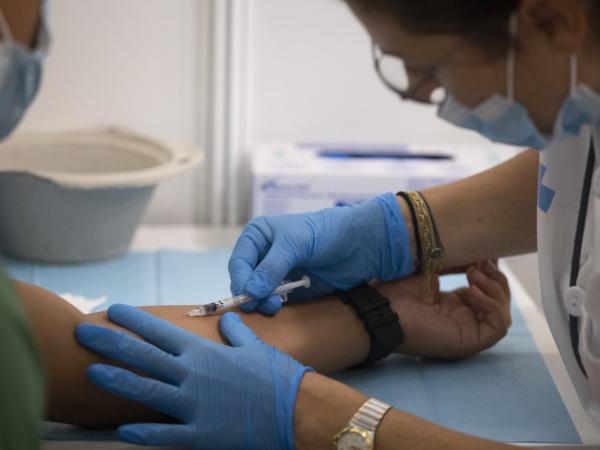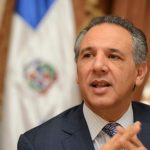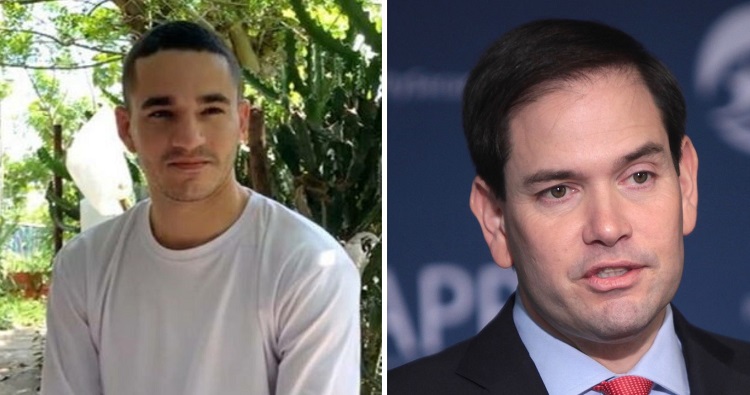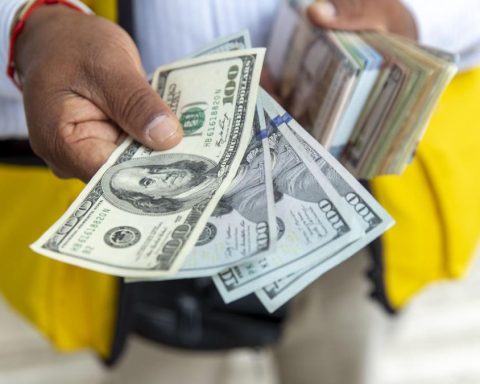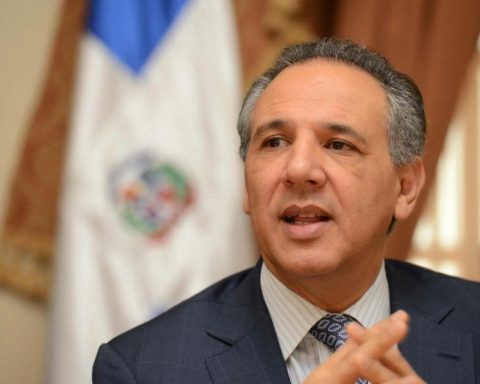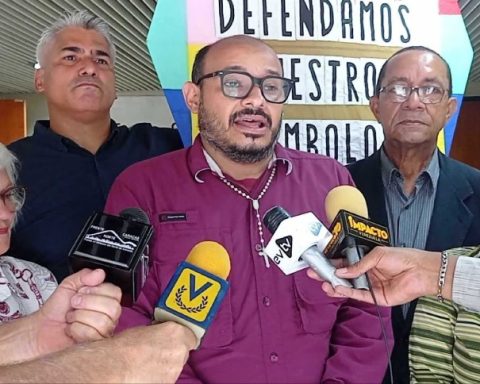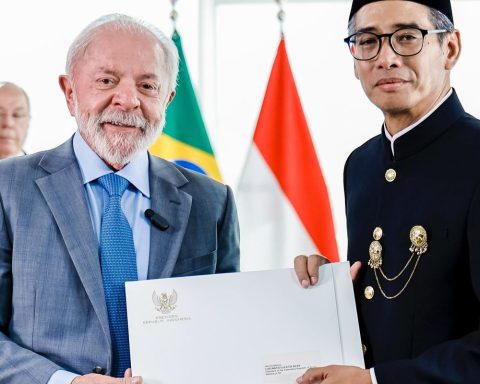The evaluation of the risk generated by the presence of monkeypox in the world and especially in Colombiahas put the control organisms with all the attention on the behavior of the virus.
(See: The importance of self-care in saving health systems).
According to National Institute of Health (INS), With a cut-off date of September 12, 1,260 cases of monkeypox patients have been confirmed in the country. However, the trend of infections is on the rise, presenting an increase of 330% compared to the same period of the previous month, when they presented a cumulative of 334.
Equally, the number of infections is especially concentrated in Bogotáwhere the figure, according to the INS, reaches 942, while the second position with the most cases is held by Antioquia with 151. The city of Cali presents 36 confirmations of monkeypox, like Cundinamarca that reaches 29 infections. In the case of Tolima, the department recorded 16 cases, and Santander, 13.
Regarding Valle del Cauca, Barranquilla and Cartagena, 11.9 and 9 infections of the virus were confirmed, respectively. Risaralda reached 8 infections.
According to the entity, there are currently 417 recovered cases, and 697 have been ruled out.
(See: There is concern in the health sector about a possible reform of the system).
For the epidemiologist at the Universidad del Rosario, Carlos Trillos, in the local aspect, the city of Bogotá has a higher number of infections due to the size of the capital and the relationship it has with the movement of people from abroad.
“It must be remembered that anyone can become infected with a risk exposure, so it is essential to know that it is spread by direct skin-skin and mucosal contact, as well as by respiratory droplets with viruses, which occurs with sexual intercourse, without be considered exclusive sexual transmission”.
Worldwide, 51,071 cases and 4 deaths have been reported in total. Of these, 54% are in the Americas, 44% in Europe and 1% in Africa, according to data from the “Weekly Situation Report on the Response to the Monkeypox Outbreak” of the Pan American Health Organization (PAHO ).
(See: Health concern: America, epicenter of monkeypox).
Based on the report, the Region of the Americas concentrates the majority of monkeypox cases, reporting 27,803 confirmed cases, where the United States (18,304), Brazil (4,876), Canada (1,496) and Peru (1,228), present 93 % of infections.
monkey pox
In past statements, the Minister of Health and Social Protection, Carolina Corcho, assured that, “PAHO has managed 100 thousand doses for all of Latin America, of which Colombia corresponds to 5,600“.
However, according to what was said by the portfolio manager, “we are still looking for other alternatives to acquire the biological, under the precautionary principle”, since the law of the country cannot be violated.
Epidemiologist Carlos Trillos explained that the FDA, in August 2022, authorized the use of the modified Vaccinia Ankara (MVA) – JYNNEOS vaccine for people classified medically as high risk for monkeypox, “for the efficacy and safety of this biological, since the benefits outweigh the risks”.
However, the doctor emphasized that “the agency (FDA) clarified that it does not have sufficient evidence related to the duration of protection of these vaccines“, he claimed.
(See: Affiliations in receiving EPS increased in the country between 2019 and 2022).
In economic matters, the behavior of the virus would not mean major problems since it is a disease that would not cause closures and restrictions like covid-19. This was confirmed by Paúl Rodríguez, an economist at the Universidad del Rosario.
Regarding vaccines, the expert states that, “the problem is in the purchase agreements, since these are vaccines that exist but have not been mass-produced for years. Right now there are restrictions on supply, making it difficult for countries to buy them.”.
DIANA K. RODRIGUEZ T.
Journalist Portfolio
